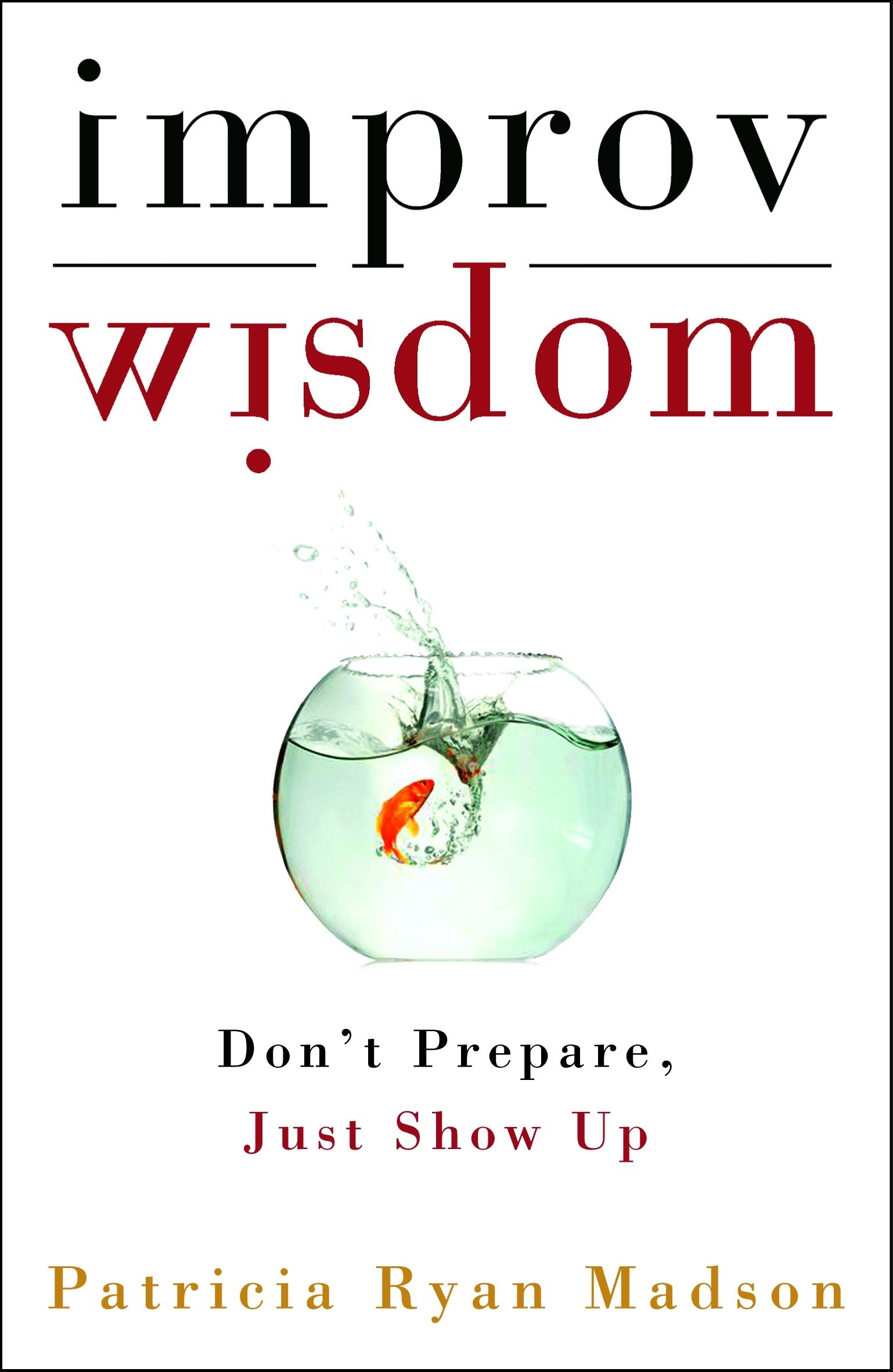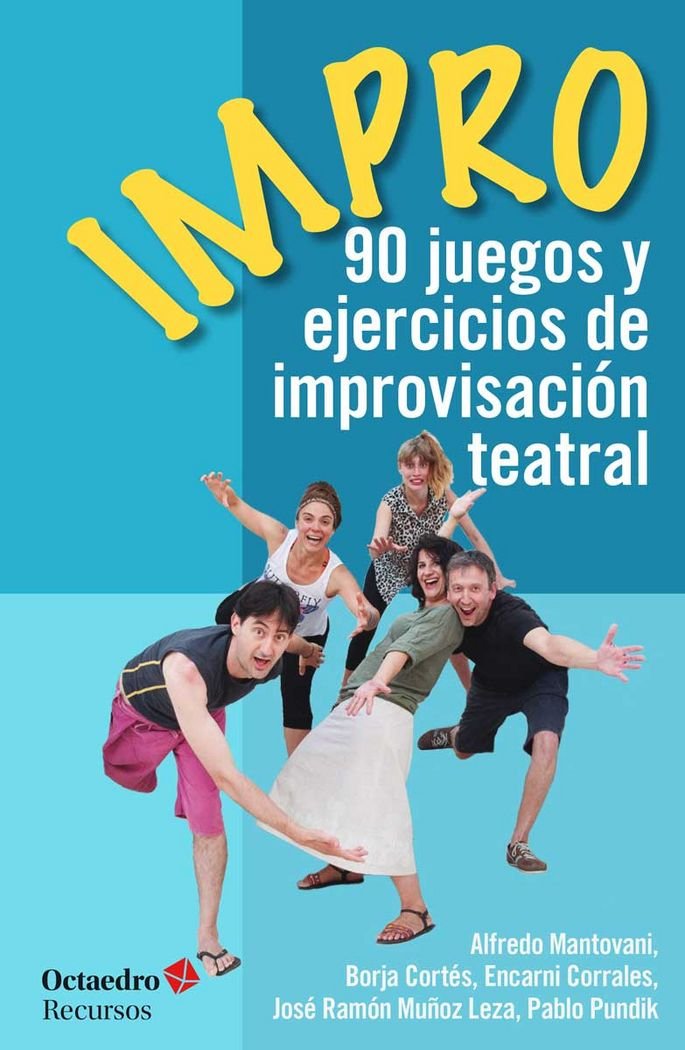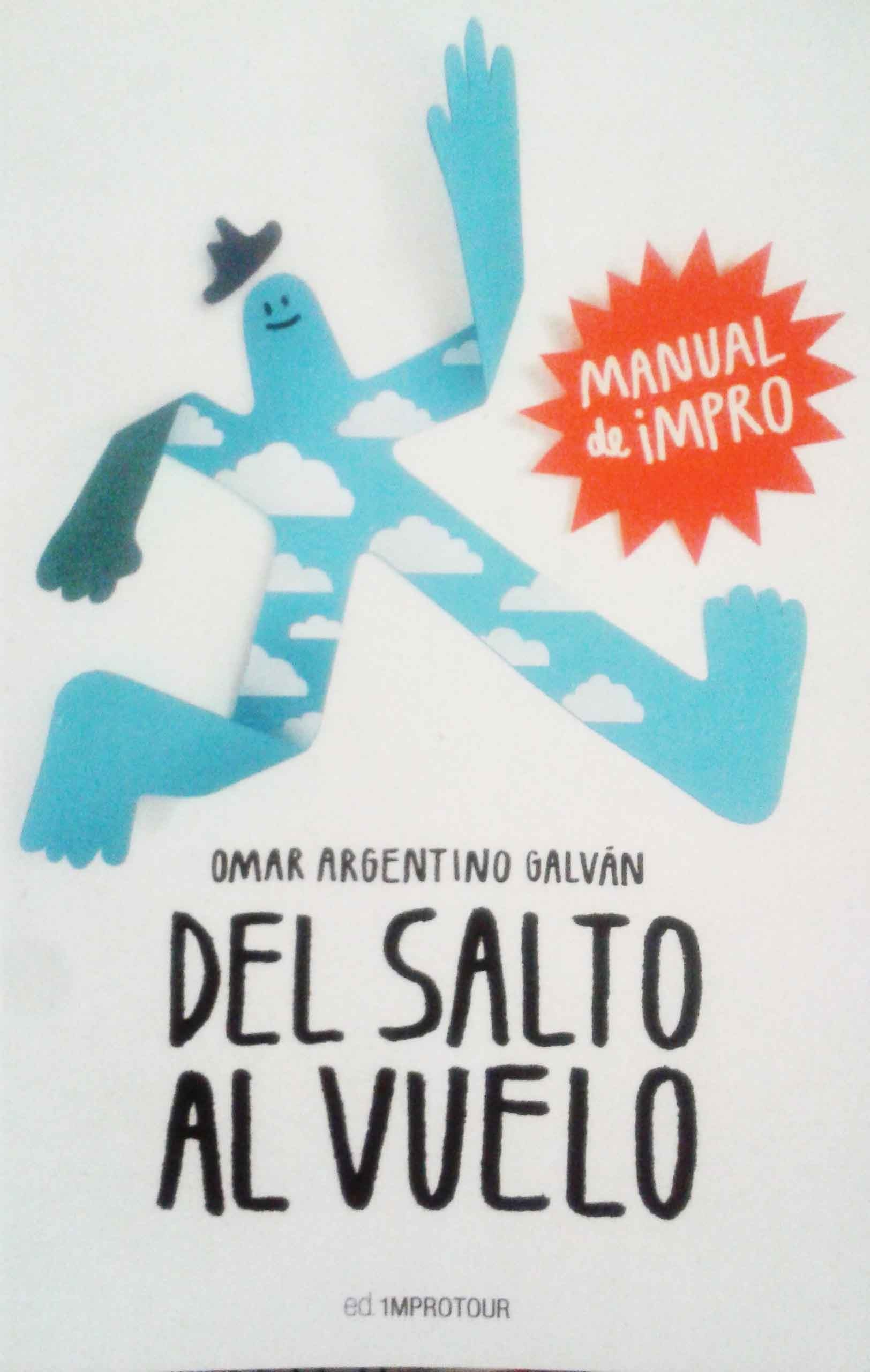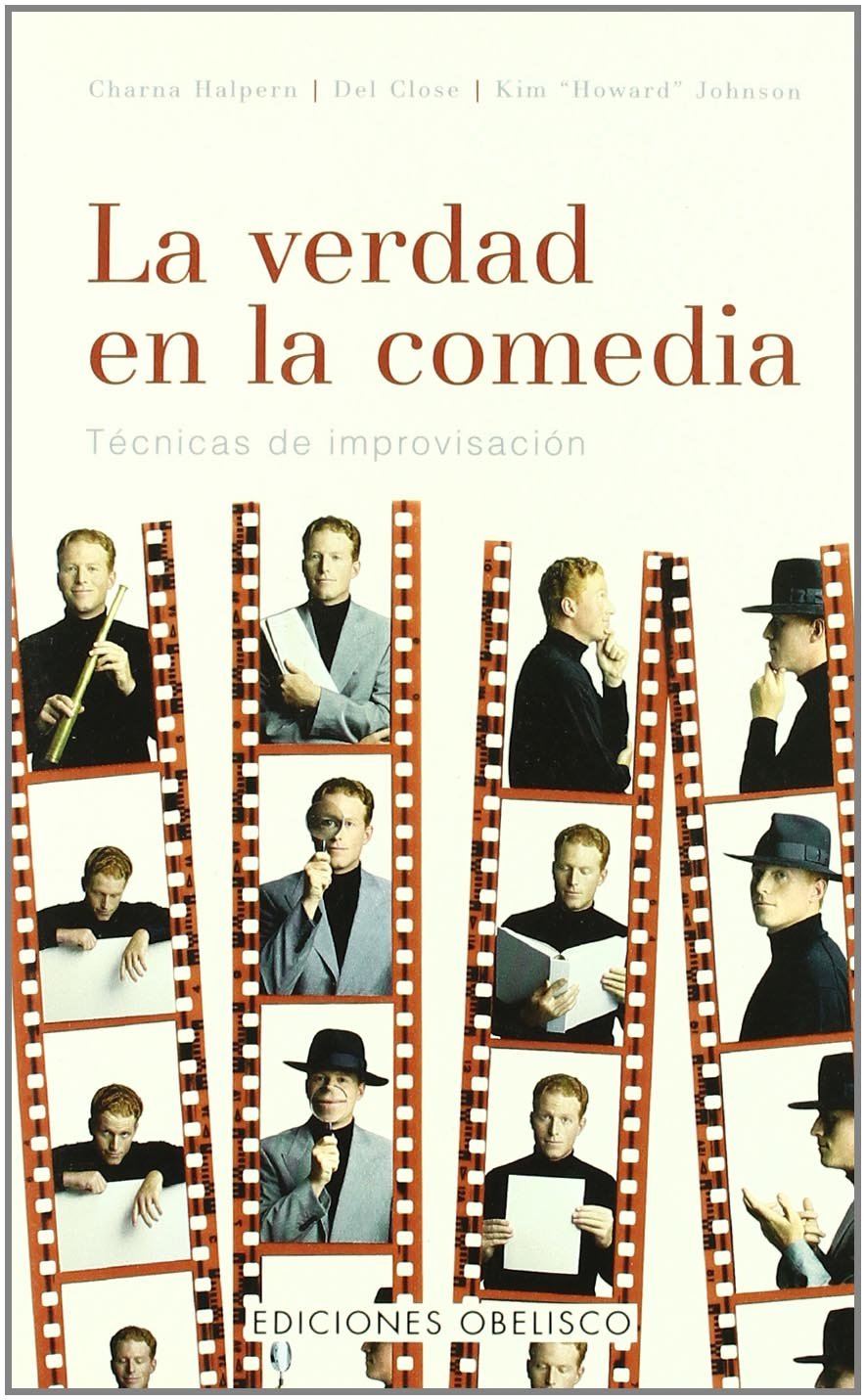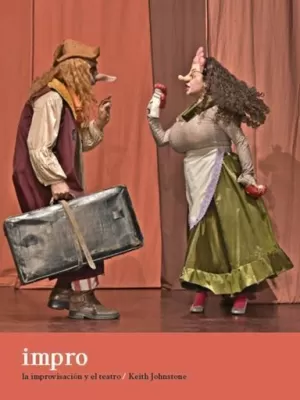In an irresistible invitation to lighten up, look around, and live an unscripted life, a master of the art of improvisation explains how to adopt the attitudes and techniques used by generations of musicians and actors. Let’s face it: Life is something we all make up as we go along. No matter how carefully we formulate a “script,” it is bound to change when we interact with people with scripts of their own. Improv Wisdom shows how to apply the maxims of improvisational theater to real-life challenges–whether it’s dealing with a demanding boss, a tired child, or one of life’s never-ending surprises. Patricia Madson distills thirty years of experience into thirteen simple strategies, including “Say Yes,” “Start Anywhere,” “Face the Facts,” and “Make Mistakes, Please,” helping readers to loosen up, think on their feet, and take on everything life has to offer with skill, chutzpah, and a sense of humor. Listen on audible, narrated by Patricia Ryan Madson
spanish
IMPRO is a book that brings together, in clear and concise sheets, 90 creative proposals and games with easy-to-apply variants. It also includes a set of very useful guidelines and practical advice for people interested in impro and its pedagogy: teachers and theater groups, coaches, actors, educators of different levels, animators, students of theater and educational sciences who want to improve their training, as well as future improvisers who wish to develop spontaneity in the classroom and on stage. Its authors, Alfredo Mantovani, Borja Cortés, Encarni Corrales, Jose Ramón Muñoz and Pablo Pundik, are actors, improvisers and teachers with long theatrical careers, specialized in improv, who have come together in this publication to share their experiential background. Inventing and representing stories as a team and enjoying “improturgy”, the original concept of the authors of this work, becomes the core of a fun and pleasant job for actors or fans who want to explore the theatrical event from a playful perspective. It includes “Testimonies”, where Dani Rovira and a good handful of actors and actresses with a recognized background in theatrical improvisation offer us their experiences and reflections on this art.
Improvising is a noble game that transcends the occurrence and involves the person in their entire being; their training, their history, their fantasies, fears and freedoms. A perfect manual for those taking their first steps in theatrical improvisation (Impro), very appropriate for advanced improvisers seeking new horizons and essential for teachers and directors. Through practical exercises, personal experiences and technical analysis, the author offers in this work his special sensitivity about Impro. This book can be obtained in digital format for less than €10
The ‘Harold’, an innovative improvisational tool, helped many actors on the road to TV and film stardom, including George Wendt (Norm on Cheers). Now it is described fully in this new book for would-be actors and comics. The ‘Harold’ is a form of competitive improv involving 6 or 7 players. They take a theme suggestion from the audience and ‘free associate’ on the theme into a series of rapid-fire one-liners that build into totally unpredictable skits with hilarious results. The ‘Harold’ is a fun way to ‘loosen up’ and learn to think quickly, build continuity, develop characterisations and sharpen humour.
In this landmark work Keith Johnstone provides a revelatory guide to rediscovering and unlocking the imagination. Admired for its clarity and zest, Impro lays bare the techniques and exercises used to foster spontaneity and narrative skill for actors. These techniques and exercises were evolved in the actors’ studio, when he was Associate Director of the Royal Court and then in demonstrations to schools and colleges and ultimately in the founding of a company of performers called The Theatre Machine. Divided into four sections, ‘Status’, ‘Spontaneity’, ‘Narrative Skills’ and ‘Masks and Trance’, arranged more or less in the order a group might approach them, the book sets out the specific approaches which Johnstone has himself found most useful and most stimulating. The result is a fascinating exploration of the nature of spontaneous creativity. ‘If teachers were honoured in the British theatre along-side directors, designers and playwrights, Keith Johnstone would be as familiar a name as are those of . . . Jocelyn Herbert, Edward Bond and other young talents who were drawn to the great lodestone of the Royal Court Theatre in the late 1950s. As head of the script department, Johnstone played a crucial part in the development of the…
